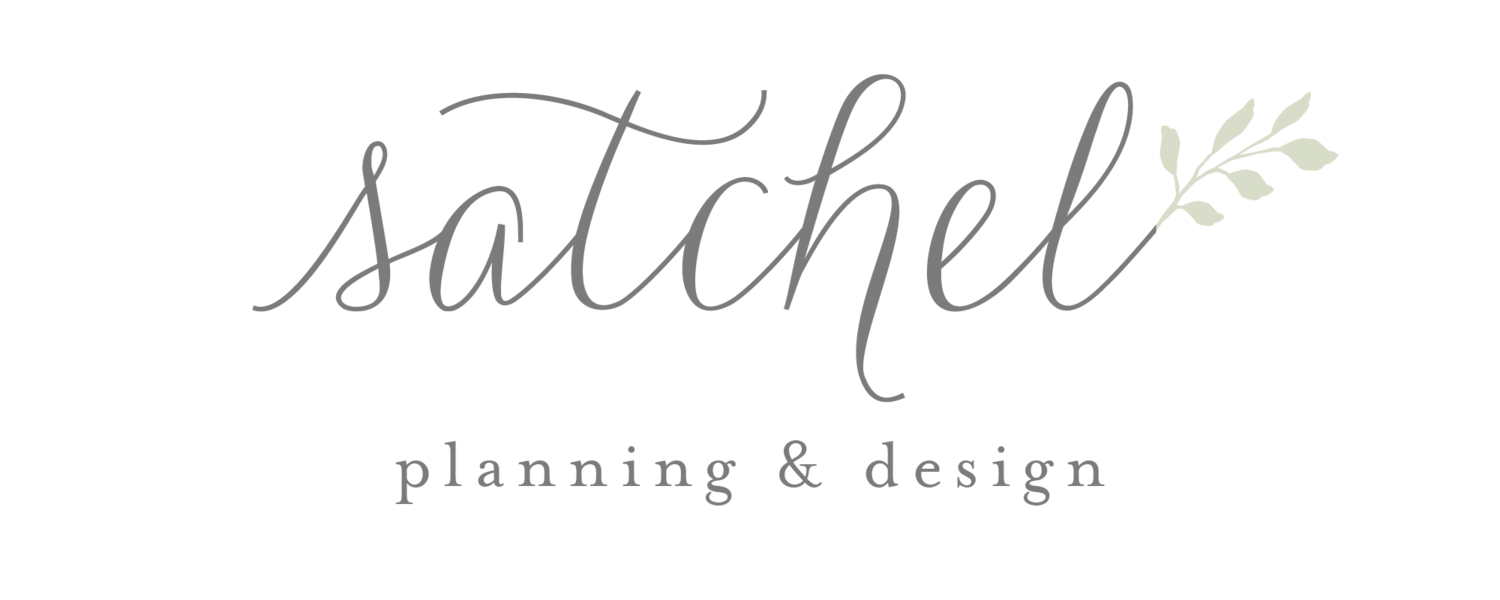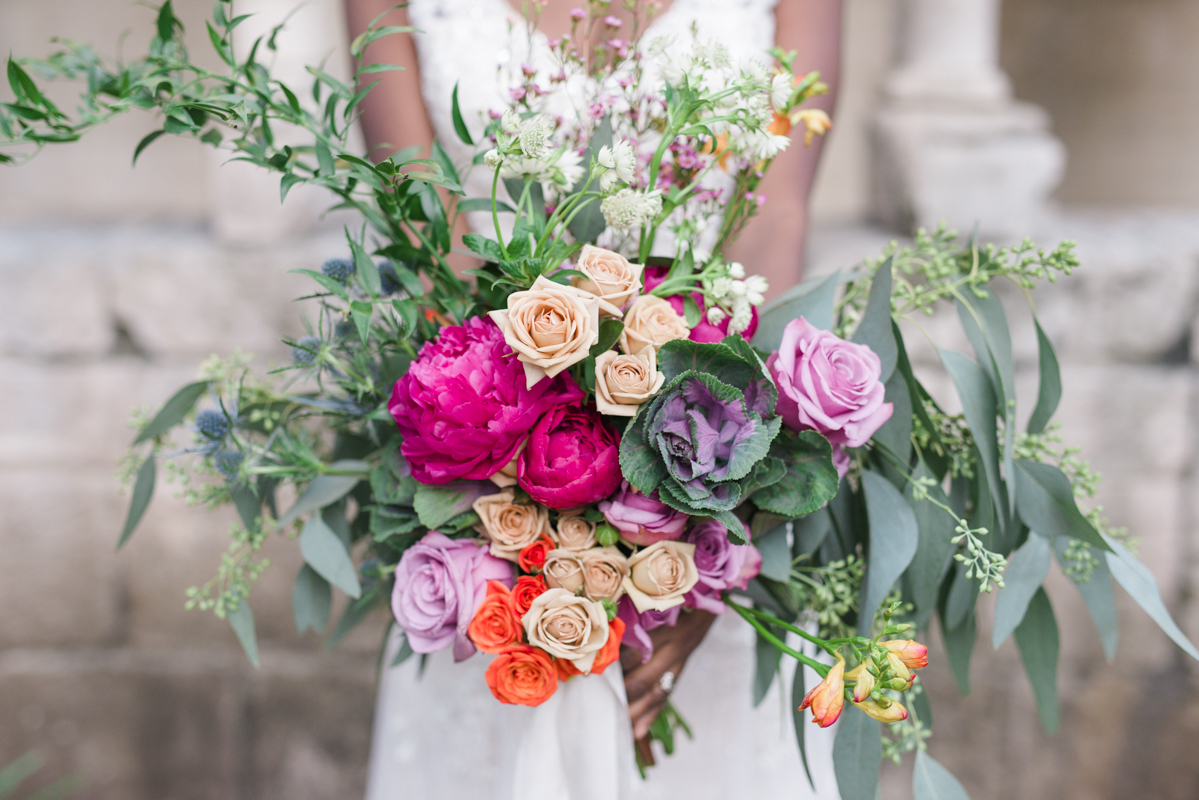Today’s post is all about differences between digital and film photography, to help you make an informed choice about what works best for your wedding (and just to learn a bit). You’ve probably noticed the Instagram hashtags #lookslikefilm and #filmisnotdead, but what does it mean? There has been a resurgence of film photography lately, which, in a nutshell, was the standard before digital photography came along.
I’m no expert, and so to educate my readers as well as myself, I got some answers from Lance Nicoll of Lance Nicoll Wedding Photography. A fine art wedding photographer, Lance Nicoll has been shooting film and digital for the past ten years. He loves editorial photography, and focuses on telling a story through imagery, a story that’s as emotive as it is informative. He is also a professor of photography at Delgado in New Orleans, making him perfect for this post. You can view his website here.
Nicoll's Wedding Photography (digital image)
What Goes into Film Photography?
L.N.: There’s a lot that goes into film photography, from choosing the type of film camera, to choosing what type of film you prefer to shoot, and also what lab you choose to process your film. Different film types will render colors, values, and grain in different ways, so that comes down to the photographer’s preference. The film lab you choose will also play a big role in the aesthetic of your work. Each lab is known, for the most part, for their particular style. The way they process your work has a very large role in the final result.
What are the benefits of film?
L.N.: When shot bright and open, film does an amazing job of retaining saturation. In other words, film shows great vibrant colors in bright images. Also, in outdoor situations, film looks amazing in the highlight and brighter portions of your image. And while you can replicate film types in digital post-production, it will always be a replication and not the original. There’s just a certain look film has innately which digital doesn’t.
But I also want to be clear that the benefit of film from a technical standpoint is purely subjective. It’s a “look”. Digital has better dynamic range, period. It will allow you to see more information in bright and dark situations. If you shoot a bright image digitally and you want more vibrancy or color, you can simply turn up the vibrancy in post-production (editing).
The colors in film just look a little different, particularly the transitions from one color to another. The exact look of the grain is just a bit different.
What are the benefits of digital?
L.N.: Digital provides complete flexibility. Being able to take one image in a bright situation and take the very next image in shade or indoors within seconds is something film just can’t do. You need to change the film. And while you can change the back of your camera, you need to have that film loaded up and ready to go. You are also limited to whichever films you have with you.
Shooting in low light and getting amazingly clean images is something digital is the king of. Also, for those learning, the ability to immediately see what your image will look like is a huge advantage of digital.
How do they compare cost-wise?
L.N.: Film wedding photography is generally more expensive than digital. The equipment (cameras/lenses) itself may not be much different, depending on what is used, but film must be purchased. After, of course, is the processing. Sending film off to a lab to be developed, and for creation of a digital scan, is an added expense. Thus, the film photographer has a larger fixed cost versus digital. In addition, film photographers often have a much higher price for adding extra hours of coverage, because every hour is more film to purchase and more to develop.
Do photographers typically shoot entire weddings in film?
L.N.: Most film photographers as far as I know would shoot some form of Hybrid. You can shoot with ISO 1600 film for lower light (usually black and white) but really anything darker than that and you're done. So most carry both (film and digital), or have a 2nd shooter who is digital.
Thanks to Lance for these explanations. Whatever you decide, make sure it’s someone whose an expert and experienced in their craft!

